Deus Ex: A Cyberpunk Prophecy Fulfilled, and a Bar Unmatched Twenty-four years.
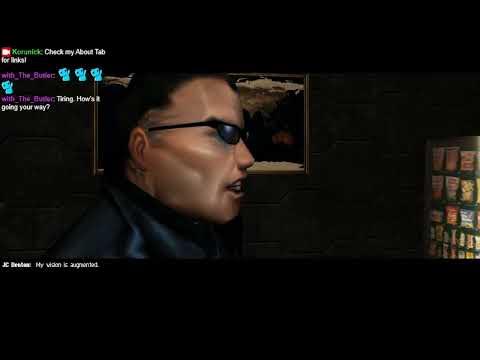
Twenty-four years. A lifetime in gaming. Yet, the echoes of Deus Ex (2000) still reverberate through the industry, a testament to its revolutionary approach to player choice and its profound influence on the cyberpunk genre. Back in 2000, amidst the Y2K scare and the dot-com boom, Deus Ex landed like a digital prophecy, painting a grim picture of a near-future riddled with conspiracy, corporate control, and technological augmentation. We were promised freedom, choice, and a world that reacted to our actions. While subsequent titles, including the highly anticipated Cyberpunk 2077, have strived for this level of immersion, Deus Ex remains a gold standard for player agency, demonstrating that impactful choice isn't about scale, but about consequence. It's a testament to the power of intelligent design, reactive storytelling, and a deep understanding of what it means to truly empower the player.
The cover of Deus Ex, featuring JC Denton, foreshadowing the player empowerment within the game.
Unparalleled Freedom: Mission Design
What truly set Deus Ex apart wasn't just its cyberpunk setting or its conspiracy-laden narrative; it was the unprecedented freedom it afforded players in tackling each mission. This wasn't about choosing between "good" or "evil"; it was about choosing how you wanted to play, with each approach carrying its own distinct consequences.
Infiltrating the Majestic 12 Lab in Battery Park:
Consider the infiltration of the Majestic 12 lab in Battery Park. The game doesn't force you down a linear path. Instead, it presents a problem and a multitude of potential solutions. The dank, dripping sewers beneath Battery Park, lit only by the occasional flickering bulb, stand in stark contrast to the sterile, heavily guarded entrance above. The air hangs thick with the smell of ozone and decay. A player could choose to brave the heavily armed guards at the front gate, relying on brute force and superior firepower. Alternatively, a more stealthy approach might involve navigating the treacherous sewers, bypassing security checkpoints, and utilizing hidden ventilation shafts. Hacking computers to disable security systems provided yet another avenue. Successfully navigating the sewers with stealth not only avoided triggering alarms but also subtly reduced the enemy presence later in the level, a direct consequence of your actions. This wasn't just about different paths; it was about different experiences.
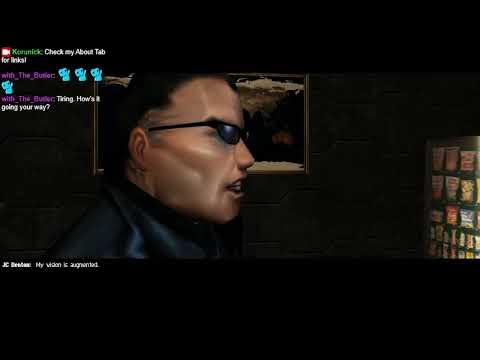 The Majestic 12 lab entrance, a symbol of multiple approaches through stealth, combat, and hacking.
The Majestic 12 lab entrance, a symbol of multiple approaches through stealth, combat, and hacking.
Dealing with the NSF in the Ton Hotel:
The Ton Hotel mission offered a different, more morally ambiguous type of choice. The opulent, yet decaying, Ton Hotel, once a symbol of old New York grandeur, now stands as a barricaded warzone. Shattered glass crunches underfoot as JC Denton navigates the dimly lit corridors, the air thick with tension and the stench of gunpowder. The National Secessionist Forces (NSF), branded as terrorists, held hostages, and it was up to JC Denton to resolve the situation. But how? The game presented players with a complex web of choices. You could negotiate with the NSF, attempting to understand their motives and broker a peaceful resolution. You could choose to eliminate them entirely, rescuing the hostages through lethal force. Or, you could even side with the NSF, believing in their cause, however misguided. Each choice had far-reaching consequences, affecting JC's relationships with various factions and shaping the narrative in significant ways. A peaceful resolution might earn you the trust of certain characters, while siding with the NSF could alienate others and lead to entirely different missions.
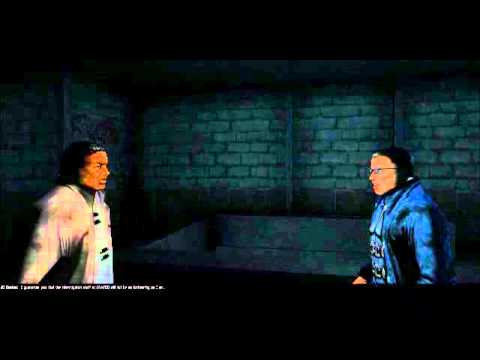 The Ton Hotel hostage standoff, a key point where players choose alliances and methods.
The Ton Hotel hostage standoff, a key point where players choose alliances and methods.
Customization and Consequence: Skill Progression
Beyond mission design, Deus Ex's skill progression system further amplified player agency. Unlike many games that pigeonhole players into specific roles, Deus Ex allowed for a high degree of customization, empowering players to tailor JC Denton to their preferred playstyle.
A stealth-focused build allowed players to ghost through levels, avoiding combat entirely. Invest points into skills like "Environmental Training," and the world transforms. With Advanced Environmental Training, JC sees the world differently. Laser grids shimmer into view, the subtle hum of security cameras becomes audible, and hidden pathways are revealed, offering a tactical advantage to the patient and observant player. Suddenly, areas previously deemed inaccessible became viable routes, and the entire game world opened up in new and exciting ways.
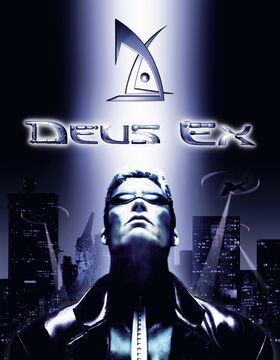 Stealth-focused JC Denton, highlighting the "Environmental Training" skill revealing otherwise invisible threats.
Stealth-focused JC Denton, highlighting the "Environmental Training" skill revealing otherwise invisible threats.
Conversely, a combat-focused build turned the game into a first-person shooter, altering enemy behavior and requiring different tactics. A hail of bullets ricochets off the steel walls as JC Denton, augmented to superhuman levels, tears through the enemy ranks. Explosions rock the environment, throwing debris into the air and bathing the scene in a fiery orange glow. Enemies became more aggressive, utilizing cover and employing different attack patterns. The challenge shifted from avoiding detection to managing resources and utilizing tactical maneuvers.
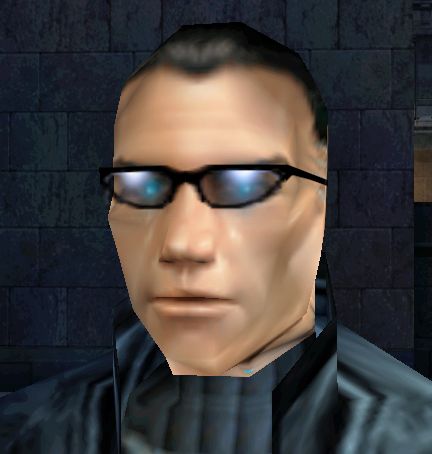 Combat-focused JC Denton, showcasing high action and destruction due to heavy fighting.
Combat-focused JC Denton, showcasing high action and destruction due to heavy fighting.
The Cyberpunk Promise: Deus Ex vs. Cyberpunk 2077
The release of Cyberpunk 2077 was a watershed moment for the genre. The hype was palpable, the promise of a sprawling, reactive open world, irresistible. And to its credit, Cyberpunk 2077 delivered on many fronts. Its Night City is a breathtaking achievement in world-building, a densely populated metropolis teeming with detail and atmosphere. The character customization options are extensive, allowing players to create truly unique avatars.
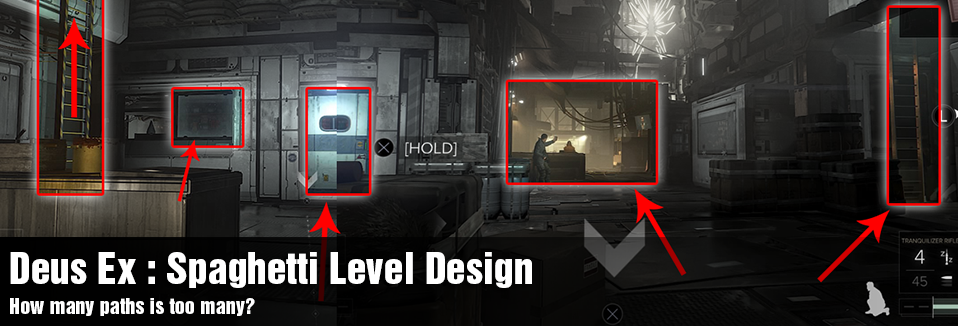 A visually stunning cityscape in Cyberpunk 2077, highlighting the game's impressive graphics.
A visually stunning cityscape in Cyberpunk 2077, highlighting the game's impressive graphics.
However, when it comes to meaningful player agency, Cyberpunk 2077 ultimately fell short of Deus Ex's legacy. While choices were presented, they often felt less impactful on the overall narrative. Did those choices in Cyberpunk 2077 actually change the outcome in a profound way? Did different character builds significantly alter mission approaches, or did they simply offer slightly different combat styles? The answer, more often than not, was the latter. Deus Ex, despite its technical limitations, often provided a more compelling sense of player agency through its intricately designed levels and reactive world. The consequences of your actions, both big and small, rippled throughout the game, shaping the narrative and influencing the behavior of NPCs. The player felt like an active participant in the world, not just a passive observer.
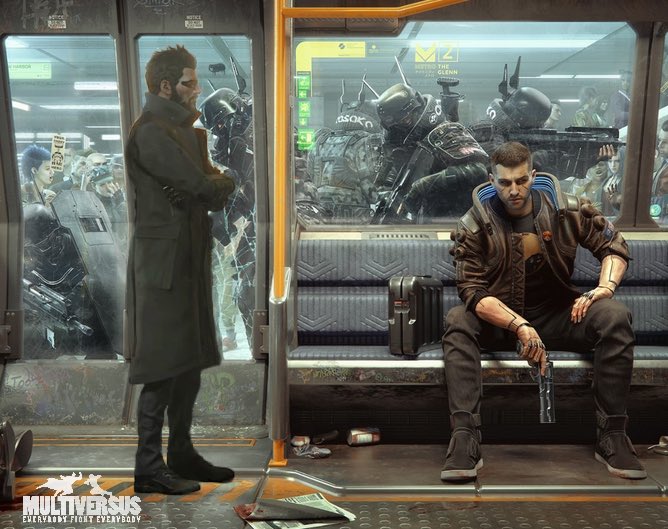 A side-by-side comparison of choices in Deus Ex and a scripted scene in Cyberpunk 2077, highlighting the differences in player agency.
A side-by-side comparison of choices in Deus Ex and a scripted scene in Cyberpunk 2077, highlighting the differences in player agency.
The scale of Cyberpunk 2077 may have been grander, but Deus Ex understood that true player agency isn't about the size of the world, but about the weight of your choices within it.
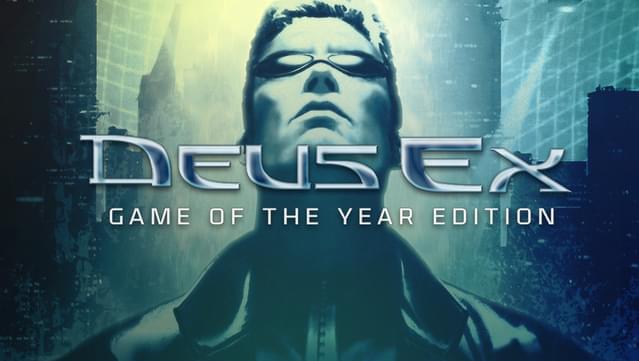 The ending of Deus Ex, showcasing the player's impact on the world through different paths.
The ending of Deus Ex, showcasing the player's impact on the world through different paths.
Conclusion
Deus Ex remains a towering achievement in game design, a benchmark for player agency that few titles have managed to surpass. Despite its now-dated graphics, the blocky characters and low-resolution textures hold a certain charm, a reminder of the era of ambitious game design. It serves as a potent reminder that technology alone cannot create truly immersive and engaging experiences. Ultimately, it is the power of meaningful choices – the ability to shape the narrative, influence the world, and define your own experience – that truly resonates with players. As the industry continues to push the boundaries of technology, let us not forget the lessons learned from Deus Ex: that true immersion lies not in photorealistic graphics, but in the freedom to choose, to act, and to face the consequences of our decisions in a world that truly reacts to our presence. The pursuit of truly immersive and reactive game worlds continues, and Deus Ex remains a guiding light.
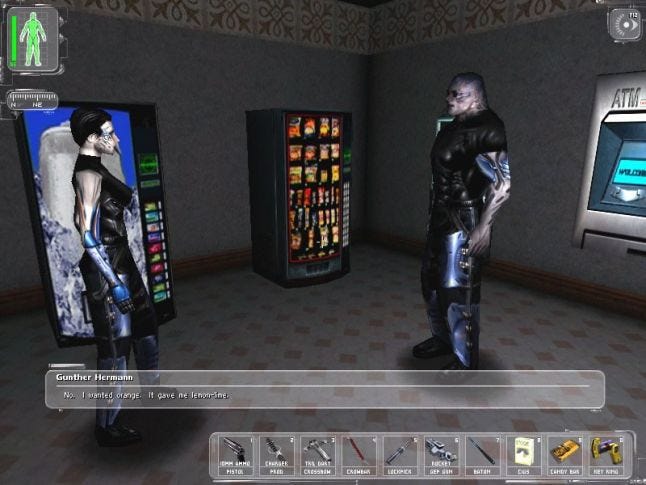 JC Denton stares off into the future, symbolizing the lasting impact and potential for future games.
JC Denton stares off into the future, symbolizing the lasting impact and potential for future games.